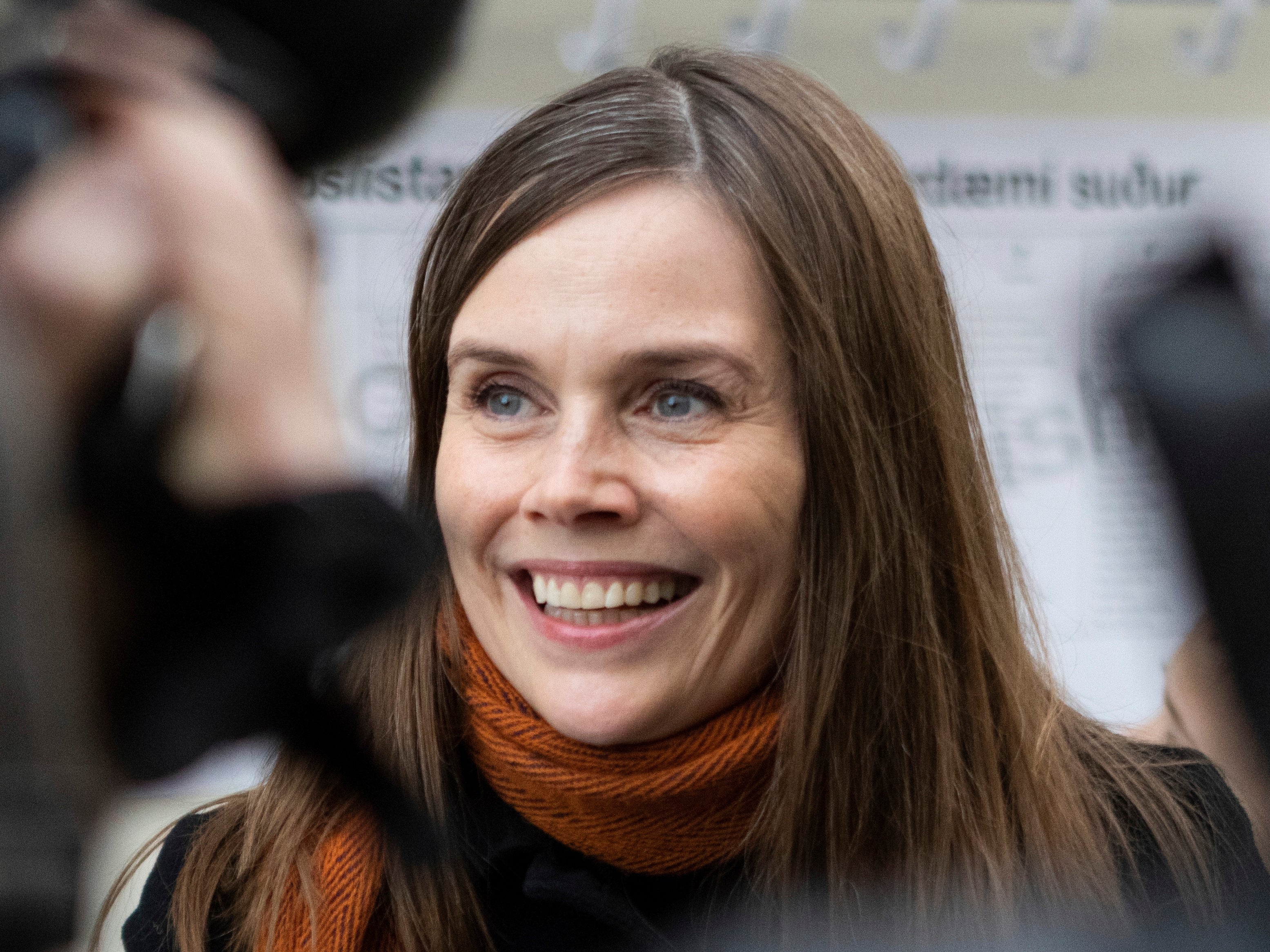Celebrations cut short as Iceland misses out on historic female-majority parliament after recount
Initial vote count indicated that 33 women lawmakers were elected to the 63-seat parliament

Your support helps us to tell the story
From reproductive rights to climate change to Big Tech, The Independent is on the ground when the story is developing. Whether it's investigating the financials of Elon Musk's pro-Trump PAC or producing our latest documentary, 'The A Word', which shines a light on the American women fighting for reproductive rights, we know how important it is to parse out the facts from the messaging.
At such a critical moment in US history, we need reporters on the ground. Your donation allows us to keep sending journalists to speak to both sides of the story.
The Independent is trusted by Americans across the entire political spectrum. And unlike many other quality news outlets, we choose not to lock Americans out of our reporting and analysis with paywalls. We believe quality journalism should be available to everyone, paid for by those who can afford it.
Your support makes all the difference.Iceland, which seemed to have elected a female-majority parliament on Sunday, had to cut short its celebration after a recount of the vote showed that it fell short of the landmark for gender parity in the chamber by just two seats.
While the initial vote count indicated that 33 women were elected to the 63-seat parliament, a recount in western Iceland altered the results. With female candidates winning a total of 30 seats, the Icelandic parliament continues to be dominated by men.
Iceland, which is long considered a leader in gender equality, unlike other countries, does not have a percentage of seats reserved for females and at 47.6 per cent, currently has the highest share of women lawmakers in Europe. It is closely followed by Sweden and Finland at 47 per cent and 46 per cent women parliamentarians, respectively. So far, no European country has breached the threshold of 50 per cent.
According to the Inter-Parliamentary Union, only five countries around the world have women dominating the parliament. Rwanda tops the chart with about 61 per cent females making the Chamber of Deputies currently, followed by Cuba, Nicaragua, Mexico, and UAE.
While the reason behind the mistake has not yet been explained, the Sunday outcome saw the incumbent three parties coalition government under Prime Minister Katrin Jokobsdottir win a total of 37 seats in Saturday’s vote, two more than the last election.
Opinion polls had forecast that the ruling coalition would fall short of the majority, but a surge in support for the center-right Progressive Party helped push up the total seat count. It won a total of 13 seats, five more than the last time. But it was the Independence Party of the ruling coalition, which remains the biggest party in the parliament. With 16 seats, seven of them held by women, it won the largest share of votes in the election fought among ten parties.
Meanwhile, Ms Jakobsdottir’s Left Green Movement won eight seats, down from 11 in the 2017 election.
Though the three parties have not yet announced whether they would work together for another term, President Gudni Johannesson said he would not hand a mandate to any other party for forming the new government and await progress of the coalition talks .
Additional reporting from the wires
Join our commenting forum
Join thought-provoking conversations, follow other Independent readers and see their replies
Comments